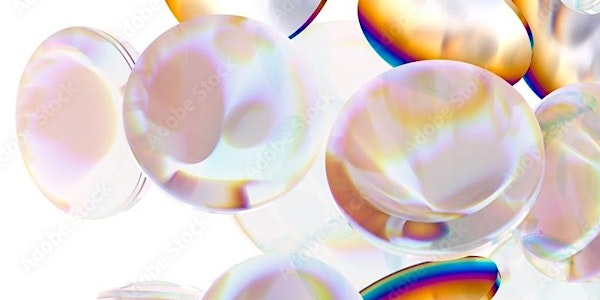
A Jump through Time – new technique rewinds the age of skin cells by 30 yrs
''A jump through time – new technique rewinds the age of skin cells by 30 years''
Date and time
Location
Online
About this event
Organised by
Society of Cosmetic Scientists The Society is made up of individual members who are all involved in the cosmetic science industry. The aims of the Society are
- To advance the science of cosmetics and toiletries
- To provide the means for the dissemination and interchange of knowledge pertinent to cosmetic and related sciences
- To promote high ethical standards in cosmetic science
- To improve the professional status of members
- To encourage education and research in cosmetic and related sciences
- To ensure the long-term viability of the Society
- To maximise the accessibility of Society activities and encourage participation throughout the profession
The Society of Cosmetic Scientists operates a detailed Equality and Inclusion Policy and leads by example. It embraces membership from all ethnic, financial, educational and physical backgrounds and recognises the strengths that diversity adds. It constantly strives to support members who may have difficulty with access and will provide the best experience for all members regardless of background.
By registering for SCS events you accept that the events may be filmed and used for the purposes of promotion and will be added to the SCS Vimeo account along with the SCS Members area of the SCS website.